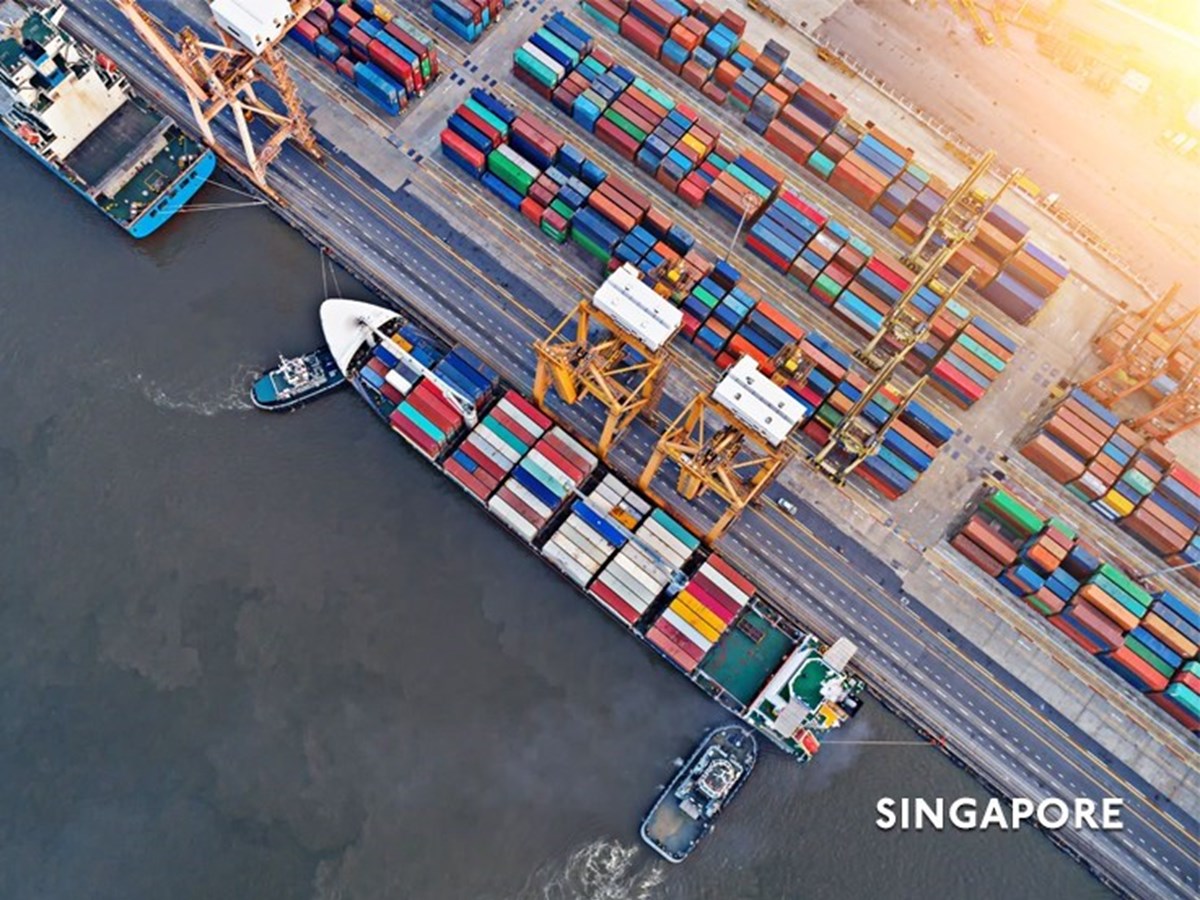
Knowledge Highlights 25 November 2024

On 20 April 2020, Part 2 of the Covid-19 (Temporary Measures) Act 2020 (“Act”), which provides temporary relief from legal action for businesses and individuals who are unable to fulfil their contractual obligations due to Covid-19, entered into force.
The procedural and operational aspects concerning applications for relief under Part 2 of the Act are prescribed in the Covid-19 (Temporary Measures) (Temporary Relief for Inability to Perform Contracts) Regulations 2020, which was also gazetted and entered into force on 20 April 2020.
Applicable contracts
Inability to perform caused by Covid-19 event
Part 2 of the Act provides temporary relief from legal action for those who are unable to perform obligations in certain types of contracts, and the inability is to a material extent caused by a Covid-19 event. Under the Act, a “Covid-19 event” is defined to mean
Types of contracts
The provisions apply to five categories of contracts:
The measures apply to relevant contractual obligations that are to be performed on or after 1 February 2020, for contracts that were entered into or renewed before 25 March 2020. In the second reading speech on the Covid-19 (Temporary Measures) Bill on 7 April 2020, the Minister for Law, K Shanmugam, explained the rationale for the choice of these time periods. The date 1 February 2020 was when the impact of Covid-19 started to be significantly felt in Singapore, with supply chains connected to events occurring outside Singapore being disrupted. As for the exclusion of contracts entered into or renewed on or after 25 March 2020, tighter safe distancing measures to reduce the further spread of Covid-19 were announced by the Ministry of Health on 24 March 2020, so parties with knowledge of the above facts who entered into contracts after the above date should not seek help under the Act.
Period of relief
The period of relief will last for six months, from 20 April 2020 to 19 October 2020, in the first instance. The period of relief may be extended to up to a year.
Procedure for obtaining relief
In its press release issued on 20 April 2020, the Ministry of Law (“MinLaw”) stated that it encourages those who are unable to perform their contracts because of Covid-19 to negotiate with the other party to resolve the matter.
Those who require protection from legal proceedings and wish to obtain temporary relief under the Act should serve a Notification for Relief on the other party or parties to the contract, using the form on the “Notification for Relief” webpage. The Notification for Relief sets out:
The Notification for Relief must also be served on any guarantor or surety for the obligation in the contract, and/or the issuer of any related performance bond (if any).
Relief measures
Temporary relief
The Act imposes a moratorium on legal action, so that parties have time to negotiate and work out their differences. This helps them focus on reviving their business rather than be mired in costly and time-consuming litigation or insolvency proceedings.
The other party or parties to the contract on whom the Notification for Relief is served are prohibited from taking certain types of actions to enforce the obligation during the period of relief. These include the following:
Additional relief for construction and supply contracts
Additionally, for construction and supply contracts, contractors will not be liable for breach of contract or delay in relation to any inability to supply goods or services materially caused by Covid-19. Calling on a performance bond in relation to such inability will also be prohibited.
Additional relief for event and tourism-related contracts
For event and tourism-related contracts, a deposit taken by the service provider may not be forfeited once a party seeking relief serves a Notification for Relief on the other party or parties to the contract. Parties unable to reach a compromise should apply for an Assessor’s Determination to be made.
The Act provides that if Covid-19 materially caused the inability to perform the obligation in the contract, this would be a defence to any claim for the payment of a cancellation fee in respect of that obligation.
Determination of disputes by Assessors
There may be disagreements on whether there is an inability to perform the contract or whether that inability is materially caused by Covid-19. In such cases, MinLaw states that parties should first discuss, understand each other’s positions, and try to reach a mutual agreement.
If the parties are unable to reach a compromise on their own, after a Notification for Relief is served, either party can make an Application for an Assessor’s Determination. The application will be made to the Panel of Assessors for Covid-19 Temporary Relief (“PACT”), appointed by the Minister for Law. An Application for an Assessor’s Determination may be made to PACT via the “Application for an Assessor’s Determination” webpage.
The Assessor will decide whether the case is one to which the relief under the Act applies, and will seek to achieve an outcome that is just and equitable in the circumstances. For example, for event and tourism-related contracts where a deposit has been taken by a service provider, the Assessor may determine whether it is just and equitable in the circumstances of the case for the deposit or any part of the deposit to be forfeited, or for the deposit to be applied to a rescheduled event. The determination by the Assessor is binding on the parties and is not appealable. Parties will not be allowed to be represented by lawyers in proceedings. The application is currently free and costs will not be awarded against any party.
Hearings will generally be conducted by exchange of e-mails, unless the Assessor is of the view that there is a need for a hearing to be conducted over video-conference or in person. The Registrar will inform the relevant parties of the determination when ready.
Reference materials
The following materials can be found on the MinLaw website www.mlaw.gov.sg and Singapore Statutes Online website sso.agc.gov.sg:
Further information
Allen & Gledhill has a Covid-19 Resource Centre on our website www.allenandgledhill.com that contains knowhow and materials on legal and regulatory aspects of the Covid-19 crisis.
In addition, we have a cross-disciplinary Covid-19 Legal Task Force consisting of Partners across various practice areas to provide rapid assistance. Should you have any queries, please do not hesitate to get in touch with us at covid19taskforce@allenandgledhill.com.